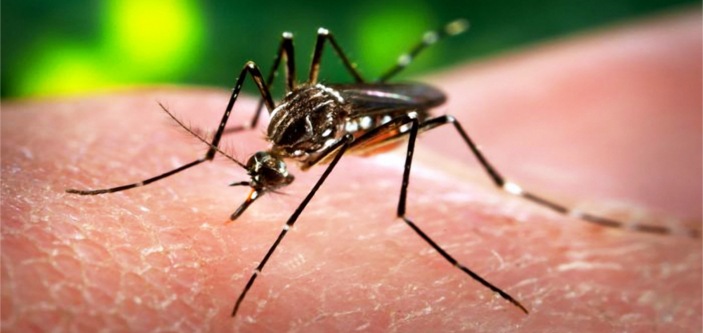The World Health Organization (WHO) will meet to determine whether the Zika virus outbreak constitutes a public health emergency of international concern – an epidemic. The outbreak has touched 23 countries, including Brazil host of the next summer Olympic games.
The move came as the WHO reported that Zika was “spreading explosively”, and could infect three to four million people this year.
WHO Director-General Margaret Chan will convene the meeting of the organization’s International Health Regulations Emergency Committee, which will examine the observed increase in neurological disorders and neonatal malformations connected to the Zika virus in making its recommendation.
That increase is one of the main reasons the WHO is concerned about the spread of the virus. Others include: lack of immunity among people living in the newly affected areas in the Americas; and the absence of vaccines, treatments or quick diagnostic tests for the virus.
“The possible links, only recently suspected, have rapidly changed the risk profile of Zika from a mild threat to one of alarming proportions. The increased incidence of microcephaly is particularly alarming, as it places a heart-breaking burden on families and communities,” Chan said
The virus, being spread by the Aedes aegypti mosquito, is a mild illness with symptoms that can include fever, headache, rash and eye irritation.
In May 2015, Brazil reported its first case of Zika virus. Since then, the disease has spread within Brazil and to 22 other countries and territories in the region, including Barbados, Guyana, Haiti, Martinique, Suriname and Venezuela.
The occurrence of the virus in some countries of the Americas, especially Brazil, has been linked with an increase in the birth of babies with abnormally small heads – microcephaly – and in cases of Guillain-Barré syndrome, a poorly understood condition in which the immune system attacks the nervous system, sometimes resulting in paralysis.
A causal statistical relationship between Zika virus infection and birth defects and neurological syndromes has not been established, but is strongly suspected, the WHO said.
“The organization is supporting the scaling up and strengthening of surveillance systems in countries that have reported cases of Zika and of microcephaly and other neurological conditions that may be associated with the virus. Surveillance is also being heightened in countries to which the virus may spread,” the WHO said yesterday.
“In the coming weeks, the organization will convene experts to address critical gaps in scientific knowledge about the virus and its potential effects on fetuses, children and adults. WHO will also prioritize the development of vaccines and new tools to control mosquito populations, as well as improving diagnostic tests.”




